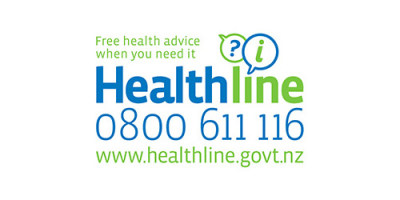Measles update for Nelson, Marlborough and Tasman regions
The Nelson Marlborough Public Health Service confirms that there have been no more cases of measles notified by GPs in the Nelson, Marlborough or Tasman regions to date.
Last week one person was confirmed with measles in Nelson.
Medical Officer of Health Dr Ed Kiddle says that non-immune people could be at risk of contracting measles given an outbreak of the disease is occurring in Hamilton with cases also in Northland and Manawatu. These cases are mainly in teenagers and young adults.
Vulnerable (unvaccinated) people could get measles after contact with people from the North Island through travel, or from contact with the Nelson case before that person was isolated.
Dr Kiddle says the confirmed case, a teenager, is no longer infectious and has been advised that isolation is no longer necessary.
The person had recently visited Hamilton and returned to Nelson before becoming unwell.
Dr Kiddle says the particular circumstances of the person limited the potential number of people exposed to measles during the infectious period.
“The person attended a specialist educational provider (Youth Nelson). This enabled us to very quickly follow up classmates and teachers – about 13 in total and give them appropriate advice.
Four people in the group were possibly vulnerable and were advised to remain isolated from when they could be infectious until the end of the incubation period.
The incubation period is the time between exposure to the virus and illness. It usually lasts about 10 days but can range from 7-18 days.
“During this time we are keeping in touch with this small group of people to check that they aren’t developing any measles symptoms. They are all clear at this stage,” Dr Kiddle says.
Regional GPs are on alert to possible cases presenting and will assess and notify the Public Health Service if appropriate.
Nelson Marlborough Health is also linked in to a national measles management co-ordination effort led by the Ministry of Health. A national approach is necessary given that cases have spread beyond Hamilton. The Ministry of Health will also coordinate with the Ministry of Education on advice around Measles in schools.
Dr Kiddle says that to minimise any local spread of this highly-infectious and potentially serious disease, people need to:
- Make sure they are up to date with the MMR (Measles Mumps Rubella) vaccine.
- Be alert to the early symptoms of measles: It starts with a fever and usually a cough or runny nose, and perhaps sore, red eyes before the rash appears.
- Stay at home with any symptoms; phone and discuss any symptoms with a GP or practise nurse, rather than putting other people at risk by visiting a GP, after-hours GP or hospital ED unit.
Dr Kiddle says that measles is highly infectious to non-immune people and can spread to others in a waiting room.
He says that people born before 1969, and people who have had two doses of the MMR vaccine are ‘almost certainly’ immune to measles.
If you have definitely had measles in the past you are also immune.





